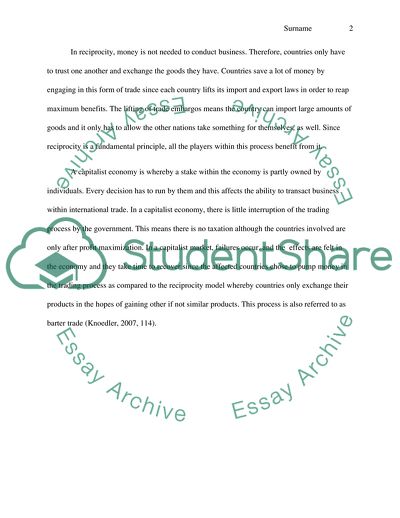Consumer Choice Assignment Example | Topics and Well Written Essays - 500 words. https://studentshare.org/macro-microeconomics/1820476-consumer-choice
Consumer Choice Assignment Example | Topics and Well Written Essays - 500 Words. https://studentshare.org/macro-microeconomics/1820476-consumer-choice.


